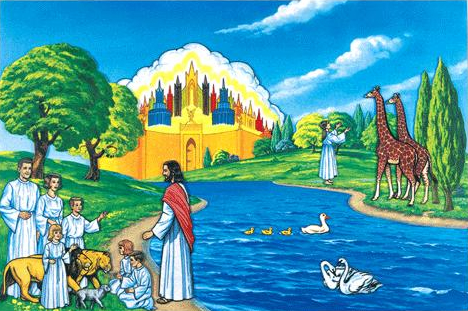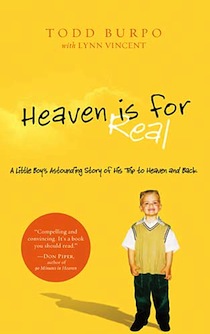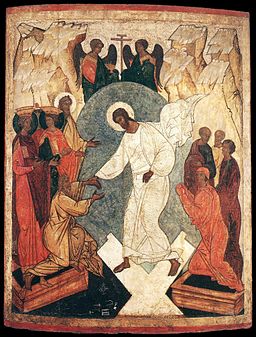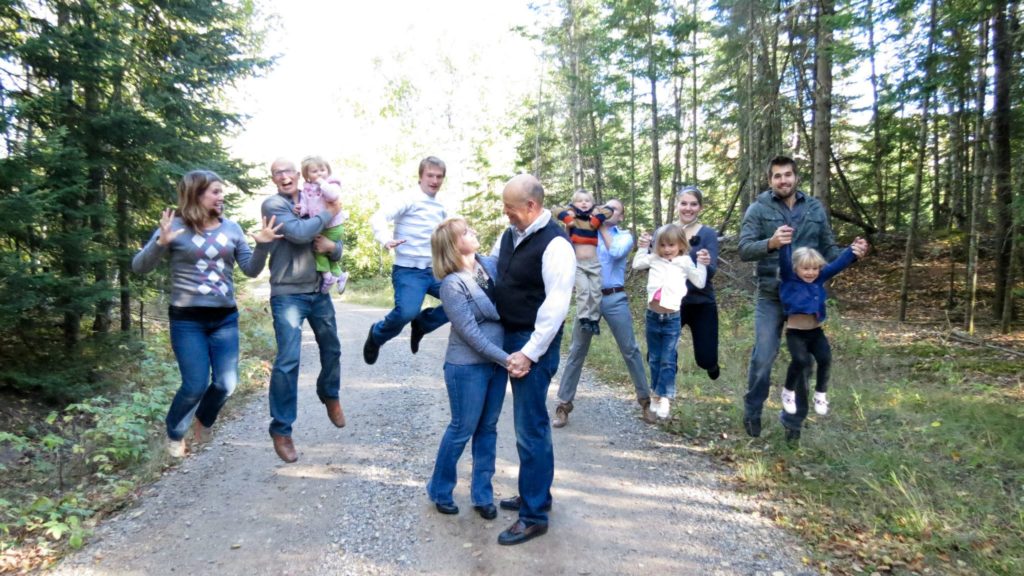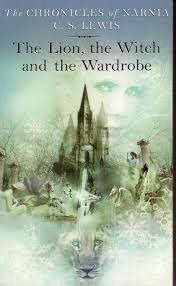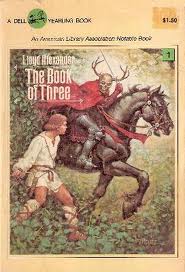But âGame Of Thronesâ Still Has Porn In It
 Game of Thrones. Game of Thrones. Iâm already a little tired of hearing about Game of Thrones. But I must also ask this, and alas, I include Christians who read the George R. R. Martin books or view the HBO series: in all the memes, reviews, discussions, tweets, products, TV news, jokes, etc. â why does none of them give any content disclaimer?
Game of Thrones. Game of Thrones. Iâm already a little tired of hearing about Game of Thrones. But I must also ask this, and alas, I include Christians who read the George R. R. Martin books or view the HBO series: in all the memes, reviews, discussions, tweets, products, TV news, jokes, etc. â why does none of them give any content disclaimer?
Do we just pretend the TV series doesnât have live, actual naked porn? Is that how it is?
Torture porn?
This critic at The Federalist focuses on another concern about the GoT seriesâ ârealismâ:
[⊠T]he creator of âGame of ThronesââGeorge R.R. Martin, who wrote the series of five massive novels (so far) on which the series is basedâdescribes being conscientious objector during the Vietnam War who says he is opposed to war and wrote this story to show how ugly it is.
Izzat so? Then why does he feel compelled to write about war and killing and murder and blood, in hundreds of intricate varieties, for ten thousand pages? This is a bit like E.L. James saying she wrote the 50 Shades books as a warning against unbridled sexuality.
No, Iâm afraid that the opposite is true. âGame of Thronesâ is torture porn dressed up as pseudo-historical drama.1
Tracinski challenges the âtorture porn,â and yes, this by itself is questionable enough, not only for moral reasons but creative ones. Do most readers/viewers need that to get the storyâs point? Some may suspect the only correct answer is yes, but often itâs actually the least-creative artist who claims that the most effective way to show sin is with torture porn.
At this point folks may call me a legalist. They may say: âThereâs all kinds of Gritty Truth in the stories and this is how the world really is, outside your comfortable sheltered bubble.â Some Christians do need âgrittyâ truth. Yes, evangelical sentimentality does exist. It can be annoying and is often un-Biblical. But other Christians may have overreacted and crossed into a mirror universe, a âcomfortable sheltered bubbleâ that only allows exposure to exaggerated and imaginary depravity and brokenness. C.S. Lewis, no stranger to seeing nasty stuff, severely rebuked this notion by placing it in the mouths of demons:
The general rule which we [demons] have now pretty well established among them is that in all experiences which can make them happier or better only the physical facts are âRealâ while the spiritual elements are âsubjectiveâ; in all experiences which can discourage or corrupt them the spiritual elements are the main reality and to ignore them is to be an escapist.2
I ask: are you in Screwtapeâs ârealâ bubble? Donât be guilted by such âauthenticâ pragmatic, legalistic emphasis only on the fictional consequences of Hell. Try first following Jesus and setting your heart on Heaven â that is, the New Heavens and New Earth, this groaning world finally set free for joyful singing, and without a hint of saccharine sentimentality.
Actual porn
But far more concerning about GoT is the sex-scene issue. Here I enter some treacherous territory because some Christians have a habit of making strongly worded observations about things they know nothing about or have never seen (cf. the recent Noah film). In this case I believe I have the words of trusted friends and writers who do know what theyâre talking about. For instance, Christ and Pop Culture writers in 2012 touched on this topic with four different perspectives, all negative. Co-founder Alan Noble concludes with this:
[âŠ] Even if the explicit sex scenes do contribute to the themes of the series, that still doesnât make them less tedious or explicit. For me, this means that Iâll be skipping as many of these passages as I can, since I think Iâve already gotten the message. And since I am more affected by visual images than written ones, I donât plan to watch the HBO series.3
Yes, the Game of Thrones game by all accounts includes real actual porn. Naked people (most often women, of course) are being objectified and doing nakedy things. And that is wrong. Filmmakers and actors can simulate violence, simulate language, simulate other sinful behaviors. But to show nakedness and sex you can only actually 1) be naked and 2) feign to have sex. And letâs spare only a few details here: Unless the actor is himself/herself a goodness-of-the-body-denying, emotionless Gnostic Platonic ideal-person rather than a live human being, he/she will have physical and emotional responses to that âacting.â To do it âright,â you canât simply do acting proper. Thereâs an F-word for that: fornication.
So what? We see people sin all the time. But my worst objection is actually that very few Christians could see this sinful behavior and not be tempted to indulge in that particular temptation of lust. Is Game of Thrones with straight-up porn something that Christians should watch, or at best watch while fast-forwarding the nasty bits but not admit it, perhaps because such admissions sound uncool or âfundamentalistâ?
If youâre a Christian and Game of Thrones TV fan, unless you can prove:
- Live people donât actually get naked in the show; those who say otherwise are lying or spreading rumors4;
- They do get naked, but that does not tempt me;
- They do get naked, and it does tempt me, so I always skip the naughty bits by some crazy self-censorship means;
Then I canât help but doubt the âgritty realismâ or artsy reasons for enjoying the show. I only think: âIâm sorry, this sounds like an artsy postmodern justification to enjoy a series partly because of its plain pornography cutscenes that are higher-budget than usual.â
At the same time, there is plenty of porn in the world already. Maybe you have grown in holiness to the point where it doesnât tempt you as it does others. Maybe youâre one of those âsuper-Christiansâ who could walk straight into a strip club and ignore the naked folks and preach the Gospel (I am not being sarcastic; Iâve truly heard of such people, sort of like the chaps who can supposedly stick spoons and paper clips to their magnetized skin). So maybe you can enjoy/subvert Game of Thrones for Godâs glory, and think Iâve gone too far with my criticisms and challenges. Or maybe you agree that some have gone too far in their fandom of the books or television adaptation. Either way, what do you think?
- Our Sick National Obsession with Game of Thrones, Robert Tracinski, The Federalist, April 11, 2014. ↩
- Excerpt from The Screwtape Letters by C.S. Lewis. Read more from the book and further thoughts at Screwtape on Redefining âRealism,â E. Stephen Burnett, SpecFaith, Jan. 27, 2013. ↩
- Sex & Thrones: Four Christian Views on Sex in âGame of Thrones,â Alan Noble, et. al., Christ and Pop Culture, June 27, 2012. ↩
- Unfortunately, Christians have been known to do this about some scary media franchises; but in this case I first heard from secular critics about the Game of Thrones objectification and nudity. ↩







































